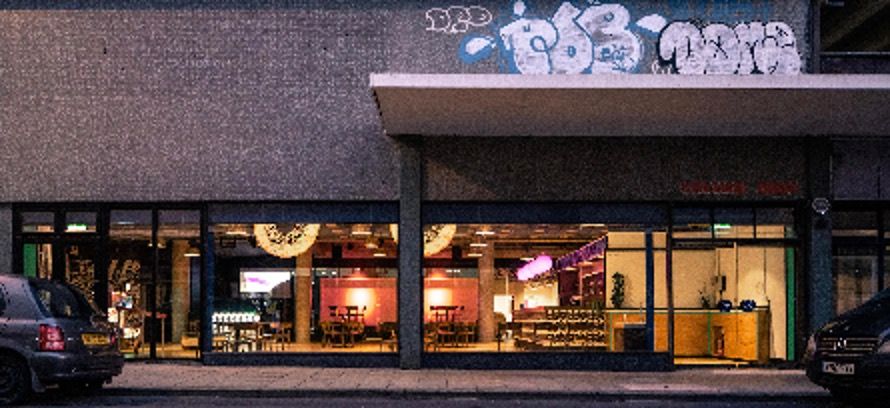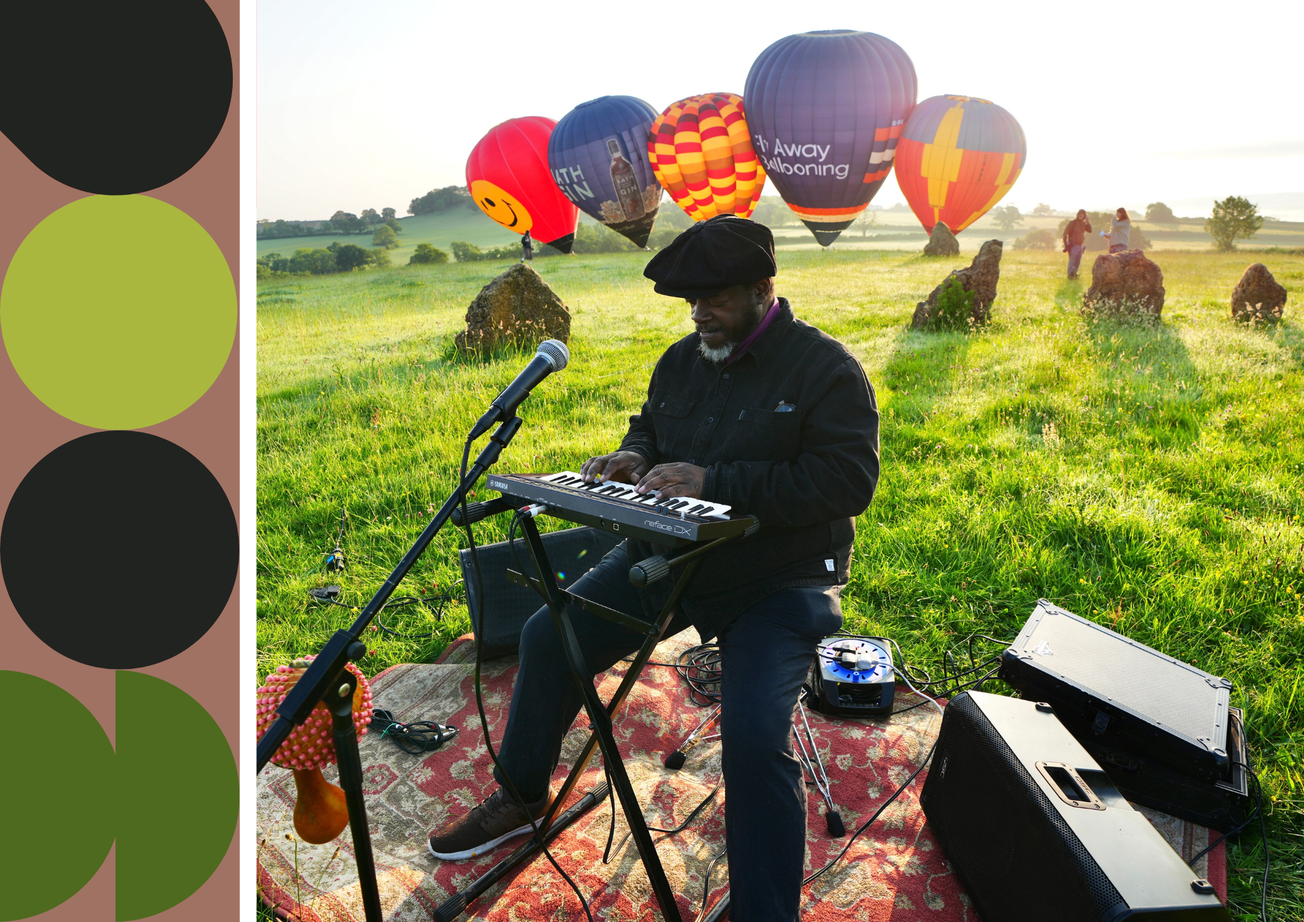By Theo Kent, Music Editor
Bristol’s nightclubs have long been considered some of the best in the country. It goes without saying that the nightlife of this city has attracted innumerable students and professionals alike. Beyond the infamous triangle, there are countless independent clubs and venues that enrich the cultural legacy of Bristol.
However, running a club can be a precarious enterprise; redevelopment in an ever-expanding city has meant that clubs face increasing pressure. Notably, Blue Mountain announced its closure in the summer of 2020, and has left a considerable void in Bristol’s night scene. Lakota’s future has also been uncertain since it announced that planning permission to turn the building into residential flats had been secured in April last year. With this in mind, we got in touch with Leigh Dennis, co-runner of Strange Brew (and student at Bristol from 2005) to discuss the challenges facing clubs new and old.
While still a student, Dennis joined the DJ society before he 'set up a night called Headrush at (the now defunct) Timbuk2' alongside Hodge of the Bristol-based Livity Sound techno label. Leigh added 'From there I moved onto promoting another night, Dirtytalk, with some other friends, which then grew into Strange Brew'.
First announced in 2019, this cafe, gig venue, and club was unable to host non-socially-distanced events until the so-called 'Freedom Day' in July of this year. Clearly, it's still in its early days and is beginning to establish its reputation in Bristol. Given what we know about the sometimes turbulent nature of the clubbing industry, it is reassuring to see smaller, independent businesses like Strange Brew entering the scene.
However, Leigh is aware of the challenges facing Bristol venues, stating that the closure of clubs like Blue Mountain is inevitable until ‘people stop voting for the same type of capitalism and private property rights we have and the council start recognising clubs as community spaces whose use class should be protected in planning policy’.
Redevelopment in the areas surrounding clubs poses a considerable threat to nightlife. This is noted by Leigh, commenting that ‘besides the financial challenges of promoting underground/experimental music that isn't often profitable, our main threat is flats being built nearby and us getting noise complaints’. This scenario is not an unusual one; in October, Motion issued a call for support on Instagram after receiving noise complaints. It seems apparent that, despite clubs functioning as businesses often for many years, there is very little that can be done if residents move to the area and complain about noise levels.
The complaints at Motion came despite the club securing a deed of easement with local developers. A deed of easement is a very rare legal agreement which allows clubs to continue functioning with the same noise levels and protects them from noise complaints. Despite these measures being taken however, the club is still in the firing-line of residents who have moved to the local area with the full knowledge that a long-serving club is close by. Leigh acknowledges that 'although the agent of change exists in planning, the council are promoting as much 'city centre' residential development as possible without earmarking places for noisy uses like music venues to be protected'. Huge investment finds its way into Bristol by means of the development of residential areas, which often leads to the less profitable cultural spaces being left behind. It's a gloomy contradiction that the more Bristol becomes a desirable place to live, the more likely it is that cultural community spaces are priced-out and threatened.
Despite the challenges faced by clubs like Strange Brew, it remains clear that Bristol's nightlife is something special, and something which should be cherished. Leigh notes this when he suggests to ‘make yourself a part of the community, both inside and out of uni circles.’ Adding ‘you never know what opportunities will come your way.’ Student's at Bristol have a valuable part to play in the city's nightlife, and we must support the cultural spaces which make this town great.
Featured image: Strange Brew Bristol
What do you think the future holds for Bristol's nightlife?








